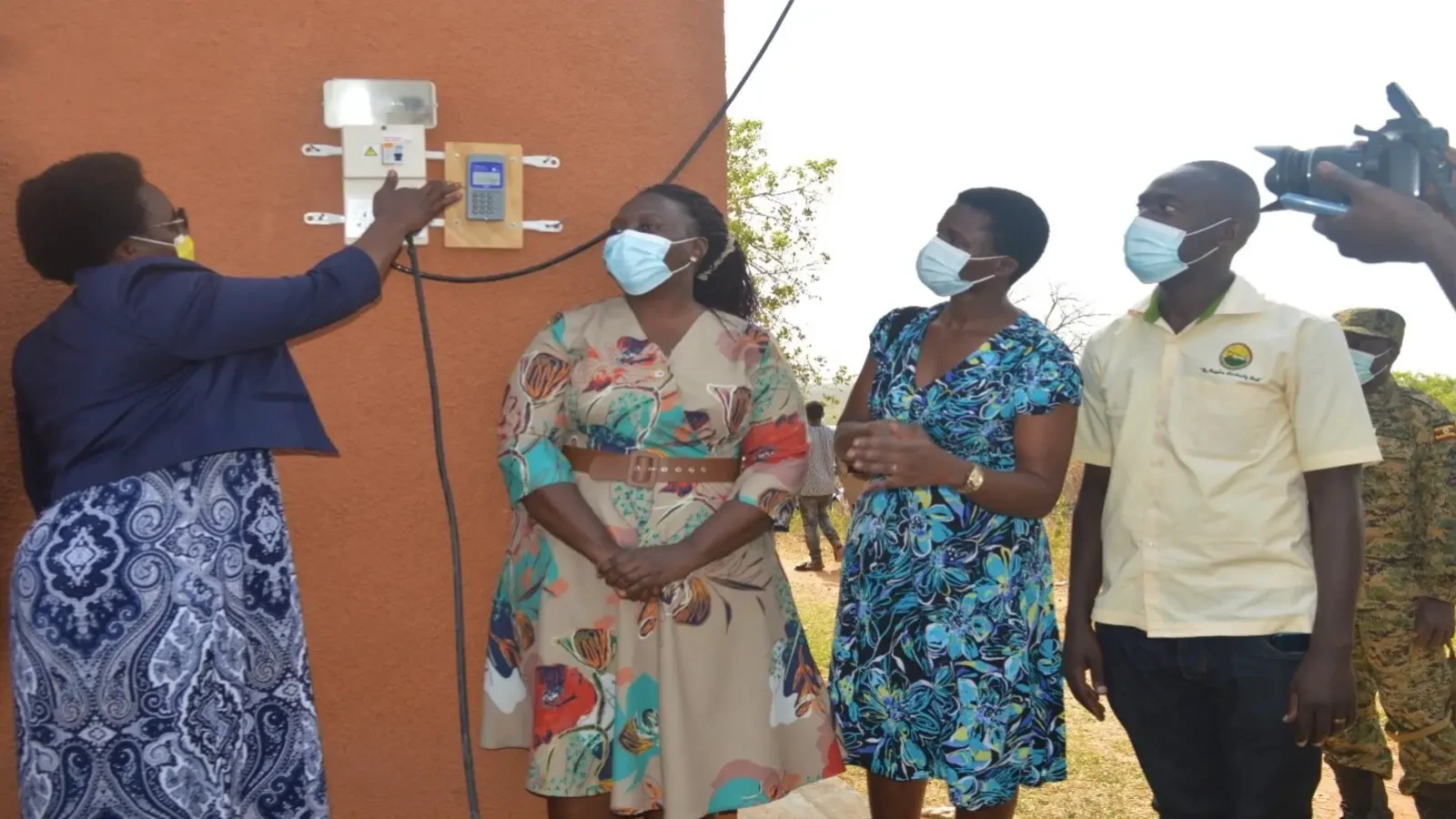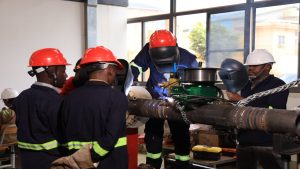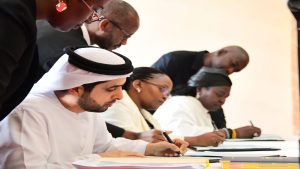Share
Through the power Access Scale-up Project (EASP), the government intends to provide all Ugandans with universal access to power by 2030, according to a statement made by Minister of Energy and Mineral Development Ruth Nankabirwa.
The $638 million project, co-funded with the World Bank, was introduced in Mitooma District on February 2, 2024. Its goal is to improve energy availability for homes, businesses, and institutions by using both grid and off-grid connections.
Presently, 19% of Ugandans are connected to the national energy grid, while 38% of people use off-grid connections, primarily solar power. 57% of the country’s electricity is connected to the grid.
Implemented over a five-year period, the EASP prioritizes financial intermediation, grid development, and assistance for host communities of refugees. Ruth Nankabirwa promised that the project will help 4.5 million people, including 300,000 families headed by women, in accordance with the Energy Policy 2023 and the Electricity Connections Policy 2018.
Nankabirwa expressed gratitude for the World Bank’s assistance and stressed the importance of their collaboration in accomplishing the project’s objectives and enhancing Uganda’s energy infrastructure.
As part of the government’s efforts to ensure that everyone has access to energy, Irene Bateebe, the Permanent Secretary in the Ministry of Energy, made it clear that the initiative will offer free connections. The government will pay the related expenditures; consumers will just have to pay for the wiring of their homes and the cost of the inspections.
Thomas Tayebwa, the deputy speaker of parliament, expressed optimism that the EASP will improve people’s lives by giving more people in homes, businesses, and government institutions access to energy. The project supports socioeconomic transformation and is in line with other government programs including Uganda’s Vision 2040.
Local leaders, Juliet Agasha Bashiisha and Francis Mwijukye among them, hailed the initiative as a major step forward in development, highlighting its capacity to raise land values, spur economic expansion, and improve livelihoods by increasing access to power.









